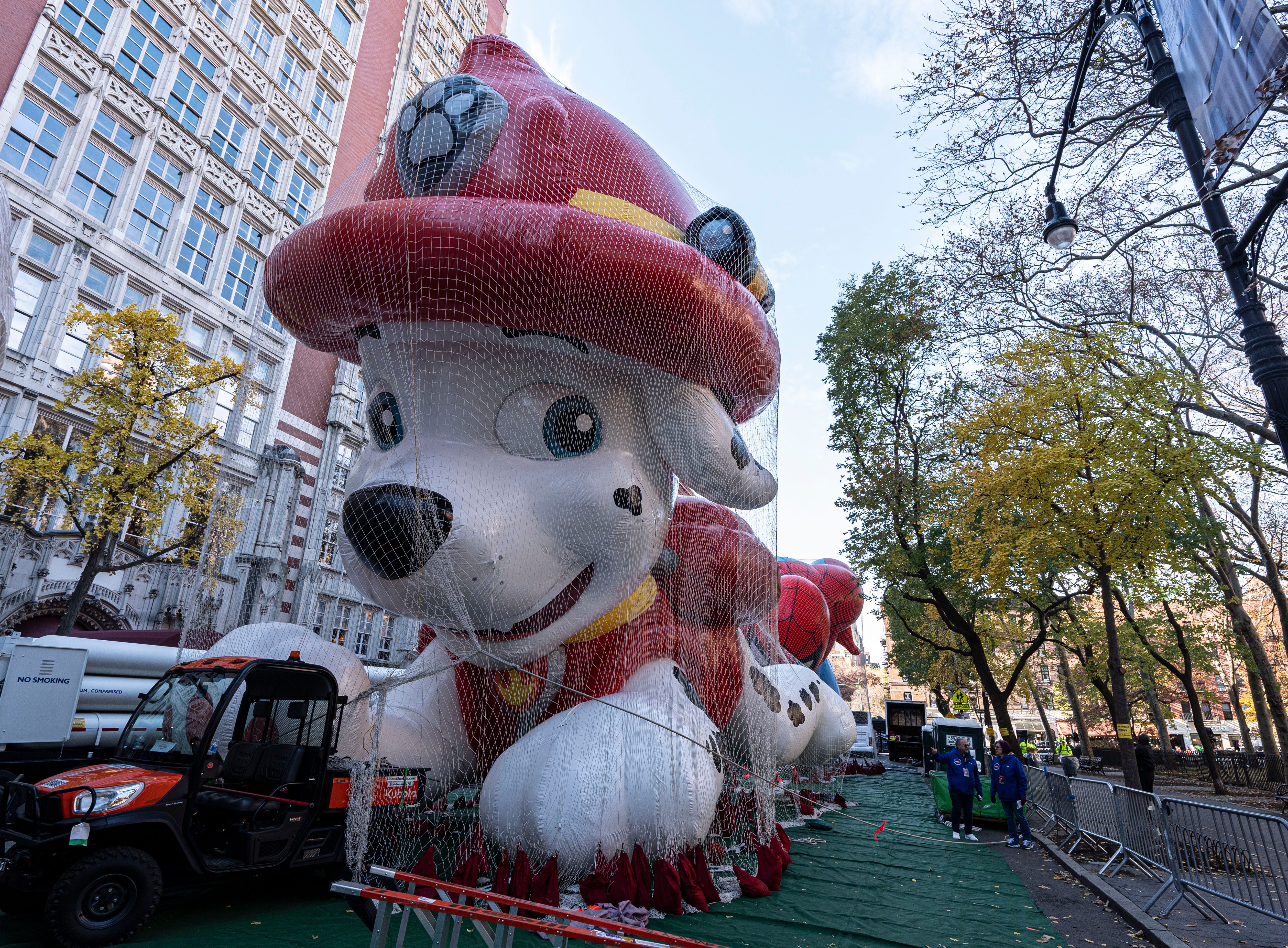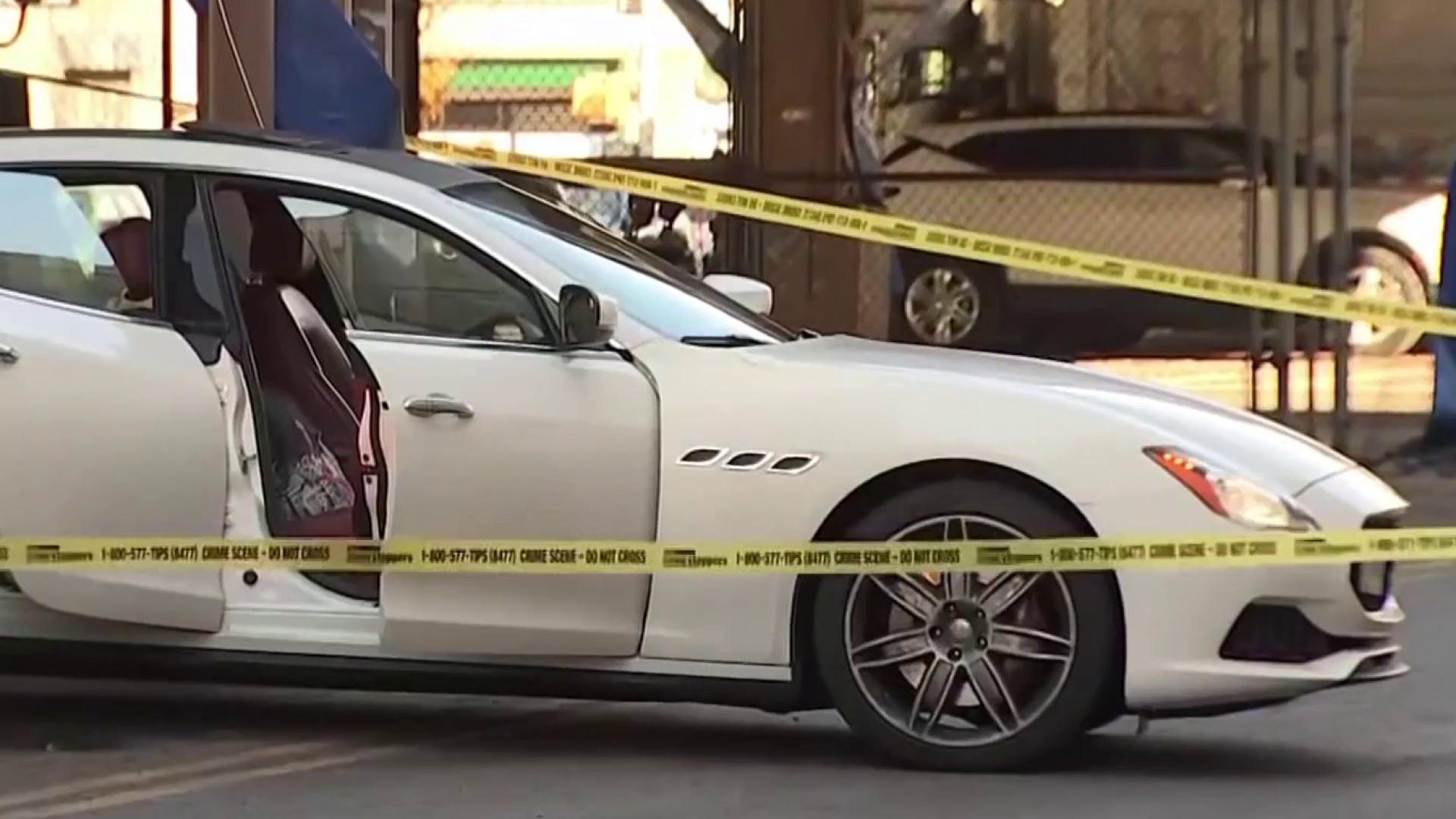"I'll probably just walk my way to school," said Patricia Gomez, 18, on one of NJ Transit's Light Rail cars, reacting to the 10 percent increase she faces in her daily commute because of hikes announced today.
And Newark's Shane Arthur, who's looking for work, said a nearly 43 percent increase for his mid-day train rides will force him to ride elsewhere.
"Probably start taking the PATH more often," he told NBCNewYork.
And officials at NJ Transit, the nation's third busiest transit system, are fully aware of the impact the fare hikes will have.
It's "A shock to the system," said board member Ken Pringle when describing the overall 25 percent increase in all train fares, along with bus rides into New York.
Local in-state bus rides will jump by 15 percent.
Still, a monthly train pass into New York from the busy Metropark station in Edison will increase from $224 to $287, an increase of $57 a month. That's $684 a year.
Local
Realistically, Jyoti Dave of Succasanna, NJ said "Gonna have to pay it, I guess."
Transit Chairman Jim Simpson said budget problems are hitting agencies like his "like a tsunami."
"This is being played out all over the country," said Sampson, pointing to reports he heard of street lights being turned out in Colorado City, Colo, and the U.S. Postal Service considering the elimination of Saturday delivery.
Yet he gets sympathy from some riders.
"If they're increasing the fares and they're gonna improve the quality of the system and it needs to stay healthy and economically viable, i say 'go for it,'" said Daniel Hernandez of New York, who rides NJ Transit almost every day.
But while the administration of Governor Chris Christie said this is part of the solution to plugging a $300 million dollar hole in the budget, the decision not to ask motorists to chip in has upset several riders.
This will be the fifth fare hike in two decades, versus just one gas tax hike in the same time frame.
"It is particularly abhorrent that motorists and truckers will pay no additional user fees for the highways either in tolls or when they buy fuel for their vehicles," said commuter David Peter Allen.



